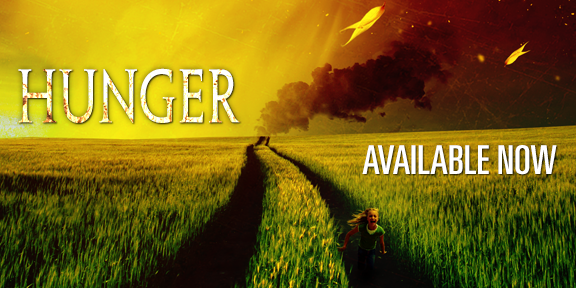
Is That Your Stomach Growling…Or Are You Just Happy To Eat Me?
In 2013, the President signed a bill that was written by ExoGen (a massive agrochemical and agricultural biotechnology corporation), directly benefiting the company, and which was introduced by a senator who had received $64,000 from the company for his campaign committee. That kind of direct influence over lawmakers is always a dangerous thing, but in this case the potential for dire consequences is astronomical. The bill basically gives GMO companies permission to hack crop genomes without fear of future litigation. That means that if ExoGen splices corn with genes from a frog, and that change causes significant health problems in the future—cancer, allergies, anything, the company is held blameless. This gives them free reign to not only experiment with the genetics of their crops, but also the genetics of every single person who eats them. And they can sell this food to the general population without ever accurately labeling it. Left unchecked, this freedom could lead to a rash of illnesses, or worse, permanent alterations to the human genome.
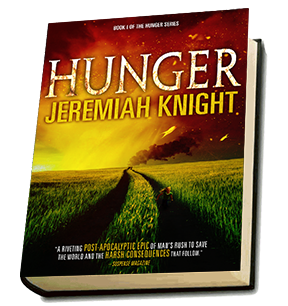 HUNGER, a novel by my new pen name, Jeremiah Knight, explores the possible ramifications of this unmonitored genetic manipulation and what it would mean for the human race. Could GMO foods be the solution to world hunger? Absolutely. Despite the doom and gloom I’m presenting, I’m not anti-GMO. There are millions of people around the world that do and will benefit from modified crops. But I do understand human nature and greed. In the hands of companies concerned more about profit than people, who’s to say that there won’t be sacrifices made along the way, or that the consequences for unchecked science won’t be far reaching and tragic? Even worse, what if the true intentions of those modifying our crops are not as benevolent as their commercials would have us believe?
HUNGER, a novel by my new pen name, Jeremiah Knight, explores the possible ramifications of this unmonitored genetic manipulation and what it would mean for the human race. Could GMO foods be the solution to world hunger? Absolutely. Despite the doom and gloom I’m presenting, I’m not anti-GMO. There are millions of people around the world that do and will benefit from modified crops. But I do understand human nature and greed. In the hands of companies concerned more about profit than people, who’s to say that there won’t be sacrifices made along the way, or that the consequences for unchecked science won’t be far reaching and tragic? Even worse, what if the true intentions of those modifying our crops are not as benevolent as their commercials would have us believe?
For my take on this subject—and you probably have a good idea it won’t be dull—snag HUNGER, hold on to your seat and prepare to think twice before chowing down on that corn cob this summer…and a little differently about that friend who is a little too excited about bacon.
About The Book:
“A riveting post-apocalyptic epic of man’s rush to save the world and the harsh consequences that follow.”
— Suspense Magazine
Desperate to solve a global food shortage, ExoGen scientist Dr. Ella Masse oversees the creation and release of RC-714, a gene that unlocks millions of years of adaptation and evolution, allowing crops to use long dormant junk DNA to rapidly adapt to any environment. The world’s food supply grows aggressively, occupying every inch of earth, no matter how inhospitable. World hunger is averted. Humanity flourishes. RC-714 is digested, absorbed and passed on.
The Change affects small, fast breeding mammals first. They multiply with the same aggressive speed as the ExoGen plants, but a new, insatiable hunger drives them to violence. War between species breaks out. And then RC-714 reaches humanity, along with every other large creature on the planet. Civilization implodes as every living thing that consumed the ExoGen crops begins to adapt to a world full of predators, accessing genes dating back to the beginning of life itself.
Peter Crane and his son Jakob survive the Change, living in their family farmhouse and eating non-ExoGen food from a biodome, one of many provided by Ella Masse, who discovered the ramifications of her breakthrough too late. The pair ekes out a living in a world full of monsters, surviving until Ella shows up on their doorstep with her daughter, pursued by desperate predators and men alike.
As the farmhouse falls under attack, Crane learns that the end of humanity, of life on Earth, can still be averted: if Ella Masse and her daughter survive, and if they make it to the other side of the country without being captured…or consumed.
Jeremiah Knight merges the science of Michael Crichton with the horror of Stephen King in this fresh take on the post-apocalypse, creating a true worst-case scenario for GMO crops that will have people reading labels before eating their next pepper, tomato or kernel of corn.
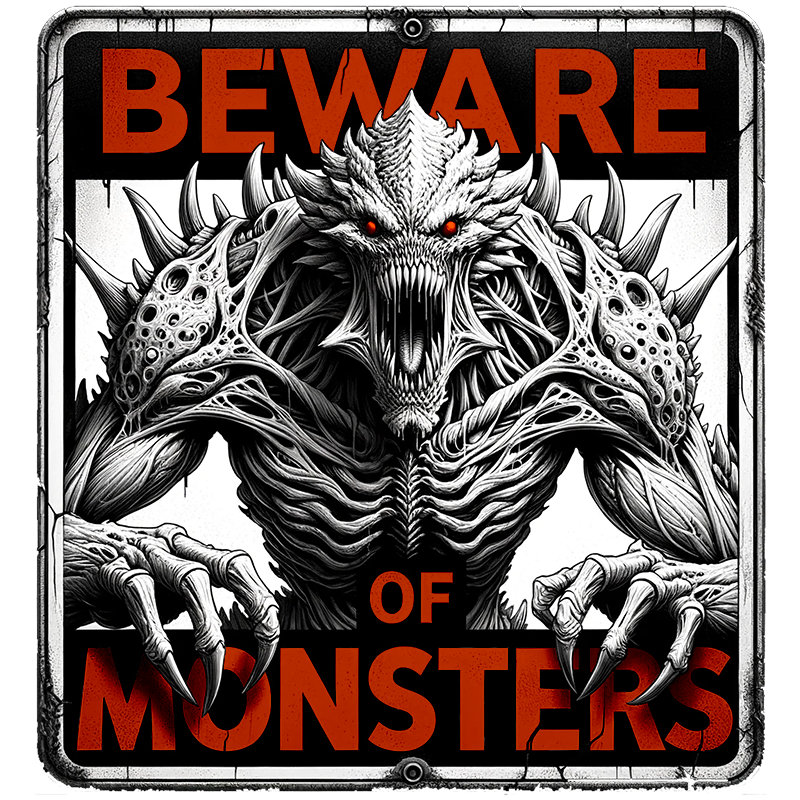


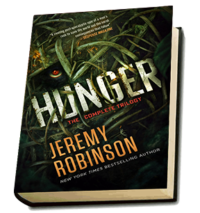
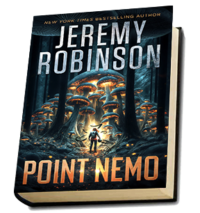
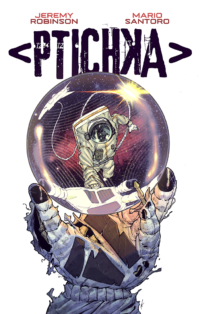
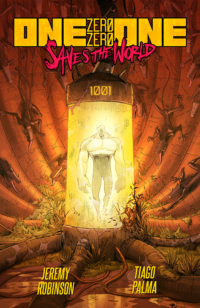
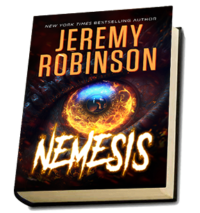
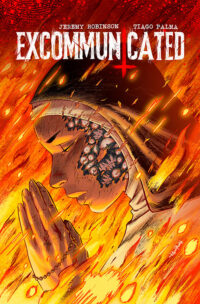
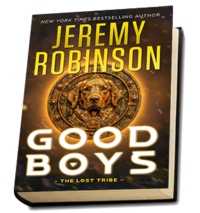
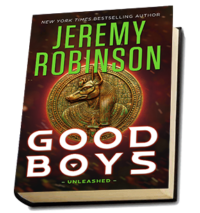
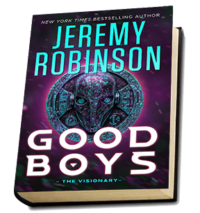
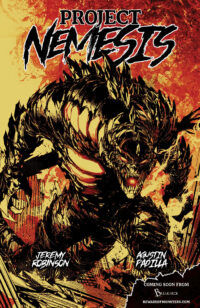

Recent Comments